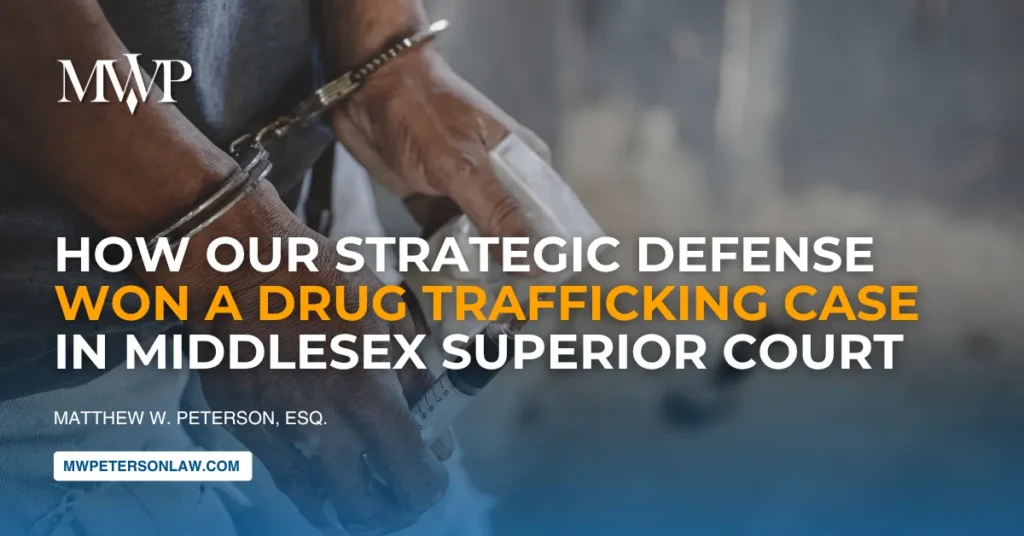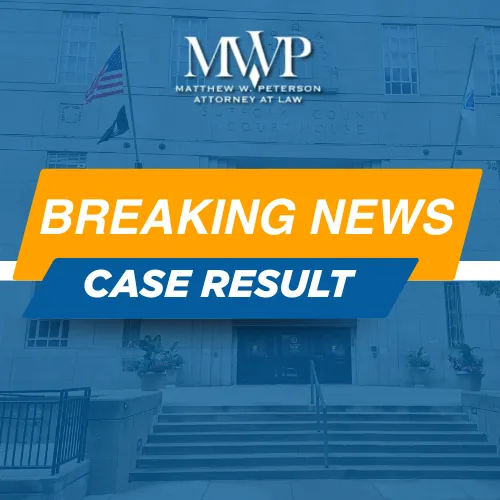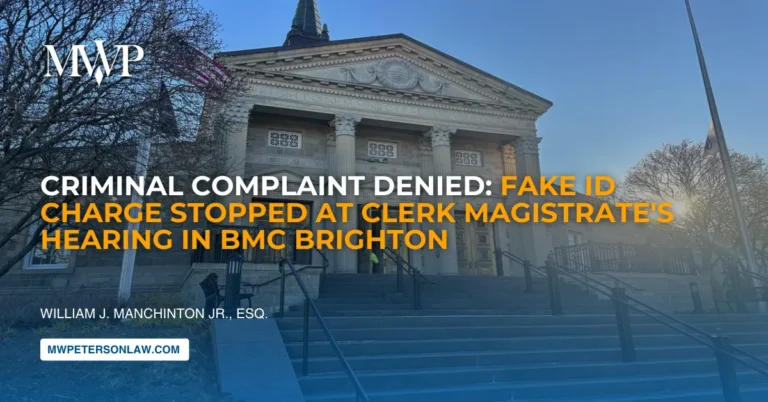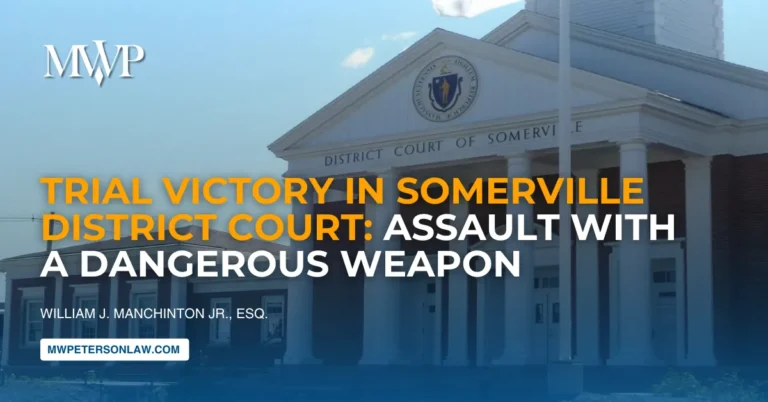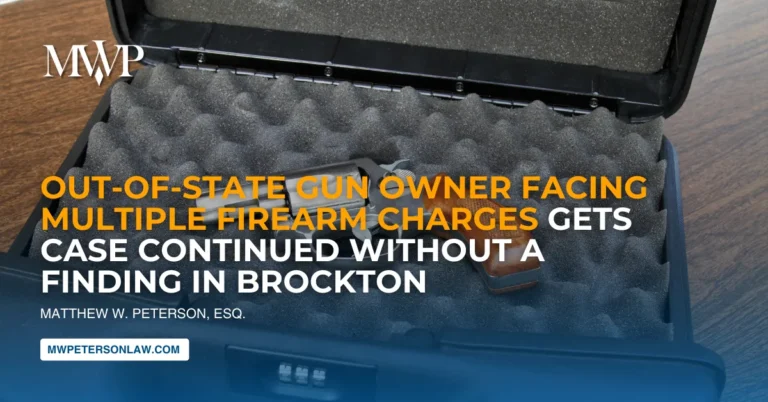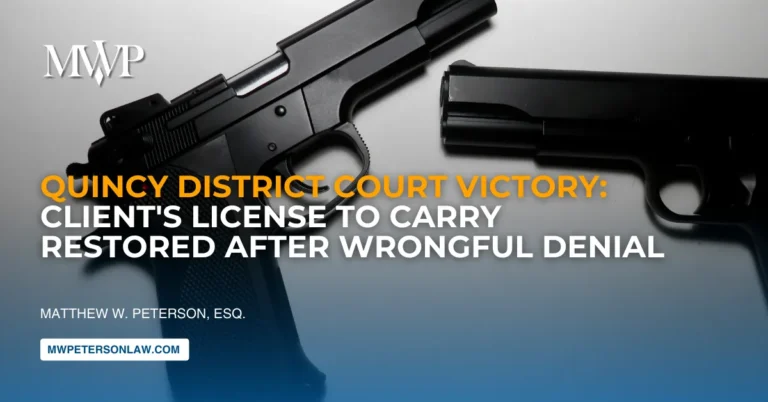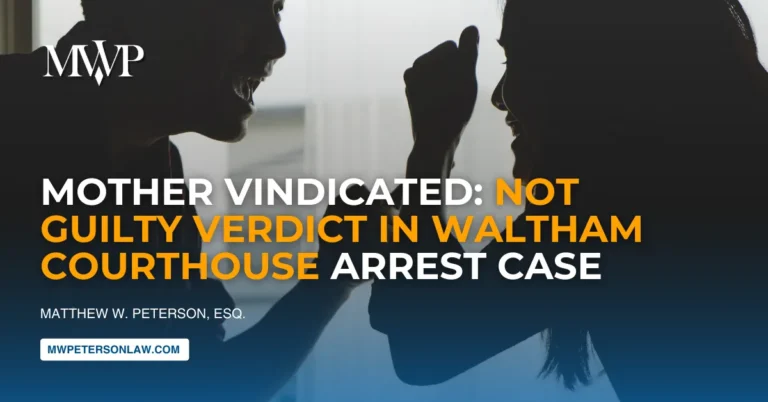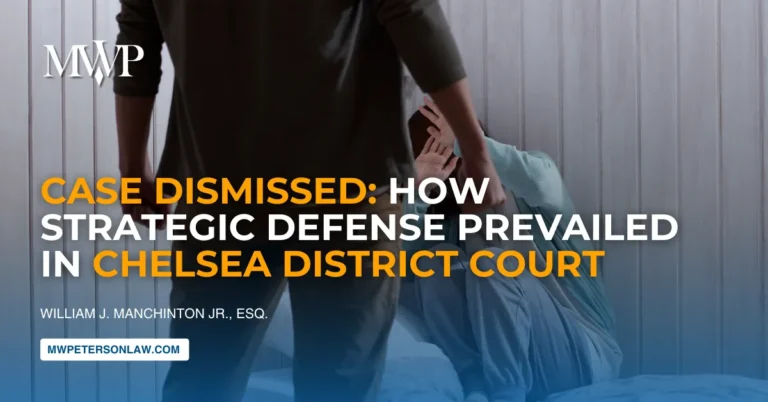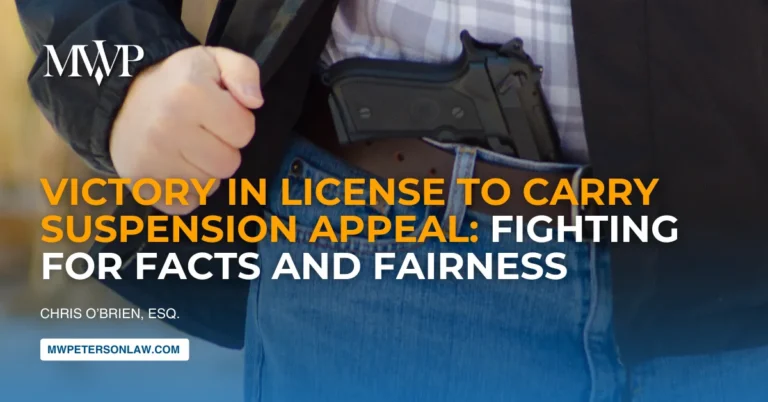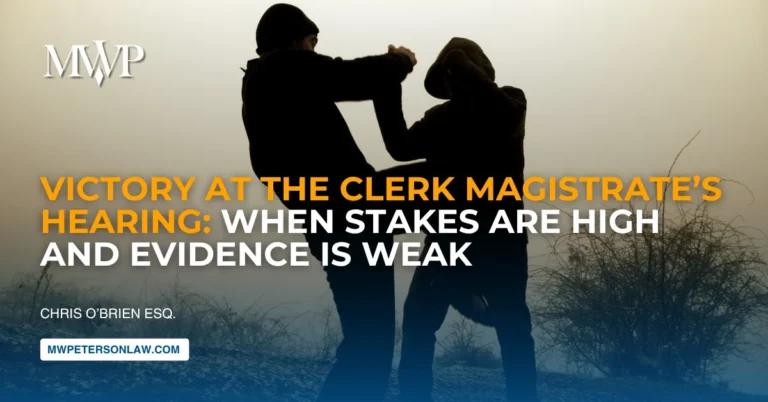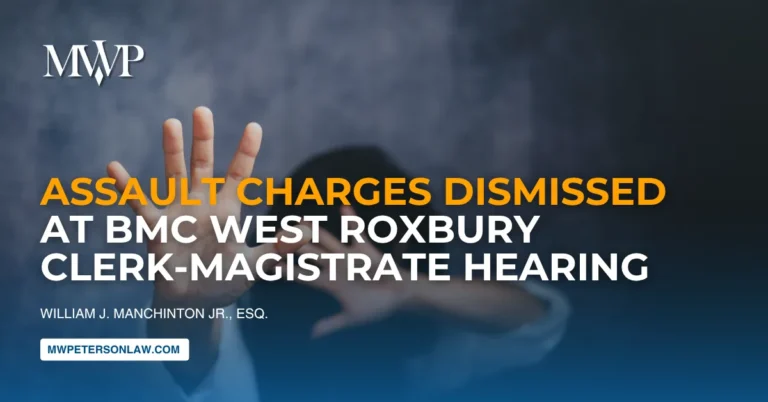In October 2025, our client faced what seemed like an impossible situation, a drug trafficking case in Middlesex Superiror Court. The Southern Middlesex Regional Drug Task Force had executed a search warrant at his home and found more than 18 grams of cocaine, fentanyl, and two firearms. He was charged with trafficking cocaine—a charge that carries a mandatory minimum sentence of 3.5 years in state prison, day-for-day, with no possibility of early release.
For anyone unfamiliar with Massachusetts drug laws, “mandatory minimum” means exactly what it sounds like: if convicted, the judge has no choice but to impose at least that prison sentence. No probation. No alternatives. Just years behind bars.
But mandatory sentences only apply if you’re convicted of the charged offense. And that’s where strategic defense makes all the difference.
The Legal Challenge
We filed two motions to suppress—legal challenges arguing that both the search warrant execution and our client’s statements to police violated his constitutional rights. While the court ultimately denied these motions, they served an important purpose: forcing the Commonwealth to prove every aspect of their case and identifying weaknesses in their evidence.
At trial, we made a critical strategic decision. We didn’t dispute that our client possessed the drugs found in his home. Fighting that battle would have been futile given the circumstances. Instead, we focused laser-like on a single question: Did he intend to distribute these drugs, or were they for personal use?
This distinction matters enormously under Massachusetts law. Trafficking and possession with intent to distribute both require proof that the defendant intended to sell or share the drugs. Simple possession—even of the same substances—carries no mandatory prison time and allows for probation.
The Defense Strategy
We presented the jury with two key arguments:
First, the quantity of drugs, while enough to trigger trafficking charges for cocaine, was relatively small. These weren’t the amounts you’d expect from someone running a distribution operation.
Second, and more importantly, investigators found paraphernalia consistent with drug consumption rather than distribution. These items told a story: our client had a substance use problem, not a drug dealing enterprise.
The presence of firearms complicated the case, but because they were found in his home rather than on his person or in a vehicle, they didn’t trigger the additional mandatory sentences that apply when guns are found in certain circumstances.
The Verdict
After hearing all the evidence, the jury returned verdicts that changed everything. Instead of convicting our client of trafficking cocaine (mandatory 3.5 years) and possession with intent to distribute fentanyl (a felony), they found him guilty only of:
Simple possession of cocaine (a lesser-included offense)
Simple possession of fentanyl (a lesser-included offense)
Neither charge carries mandatory prison time. At sentencing, the judge imposed probation—allowing our client to remain free, maintain his medical treatment, stay with his family, and address his substance use issues through treatment rather than incarceration.
Why This Case Matters
Massachusetts has some of the strictest drug sentencing laws in the country. Trafficking charges in particular leave little room for judicial discretion. But prosecutors must still prove every element of their case beyond a reasonable doubt—including intent to distribute.
This case demonstrates that even when the evidence seems overwhelming, strategic defense can identify the weaknesses in the Commonwealth’s case and present alternative theories that resonate with juries.
If you’re facing drug trafficking or distribution charges in Massachusetts, you need a Drug defense attorney who understands both the mandatory minimum sentencing structure and how to challenge the essential elements that trigger those sentences. The difference between a trafficking conviction and a simple possession conviction can literally be years of your life.
We handle drug distribution and trafficking cases all around Massachusetts. If you’re facing these serious charges, you need a serious defense. Call us today at 617-295-7500 and let’s get started on your defense.

